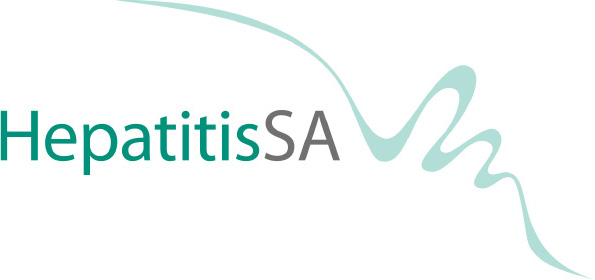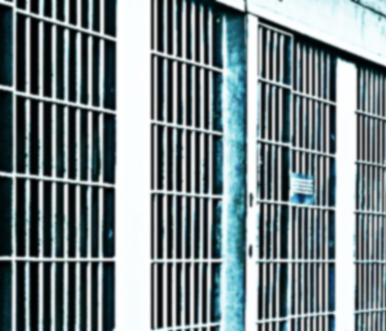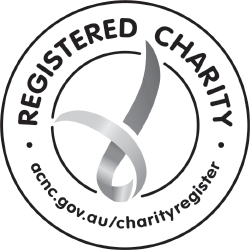Only 2.3% of South Australia’s population is Indigenous, yet almost a quarter (22%) of people in the State’s prison system are Aboriginal. The prison population is also rife with blood-borne viruses, including hepatitis B and C—viruses which also disproportionately affect Indigenous people in the general population.
Untreated chronic health conditions (including hepatitis, mental illness, diabetes, heart and respiratory diseases, cancer and drug use), compounded by a prisoner’s isolation from their family and community, and a fracturing in their cultural identity and spiritual well-being, can be catastrophic for an Aboriginal person in the prison system.
Report on a new Model of Care for Aboriginal Prisoner Health and Wellbeing for South Australia report was launched in early February.
The Model of Care emphasises that Aboriginal prisoners are members of communities both inside and outside of prison, and that their release into the wider community at the completion of their sentences needs more consideration. It notes the unique needs of remanded and sentenced prisoners, and differing needs by gender. The model has eight core elements:
- pre-release planning begins at entry to prison culture,
- spirt and identity
- communication
- access and continuity
- family
- flexible pathways
- recovery, rehabilitation, therapy
- prisoners need to be linked to community-based services pre-release



